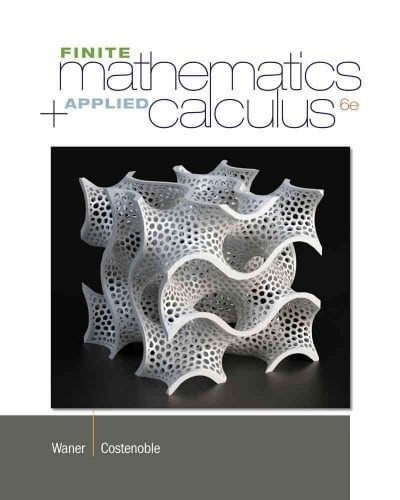Question
Suppose we are researching whether studying Intermediate Epidemiology (yes/no) is associated with snow blindness (yes/no). We conduct a case-control study amongst Hopkins students and determine
Suppose we are researching whether studying Intermediate Epidemiology (yes/no) is associated with snow blindness (yes/no). We conduct a case-control study amongst Hopkins students and determine that there is a protective association between our exposure (studying IntEpi) and snow blindness (OR = 0.34). We are concerned about confounding and ask students about whether they went skiing during a recent blizzard (yes/no). We find those who went skiing were more likely to develop snow blindness (OR = 2.4) and were much less likely to be studying IntEpi (OR = 0.12). Based on these associations, do you anticipate the association between studying for IntEpi and snow blindness would change after adjusting for skiing?
1. Yes, the association without accounting for skiing would be overestimated; after adjustment it should become farther from 1.0 (e.g. something smaller than 0.34, like 0.10).
2. Yes, the association without accounting for skiing would be underestimated; after adjustment it should become closer to 1.0 (e.g. something larger than 0.34, like 0.90).
3. No, the association should not change and will remain 0.34 after adjustment for skiing.
4. The change in the estimate will depend entirely upon the p-value for the association between skiing and snow blindness.
Step by Step Solution
There are 3 Steps involved in it
Step: 1

Get Instant Access to Expert-Tailored Solutions
See step-by-step solutions with expert insights and AI powered tools for academic success
Step: 2

Step: 3

Ace Your Homework with AI
Get the answers you need in no time with our AI-driven, step-by-step assistance
Get Started


